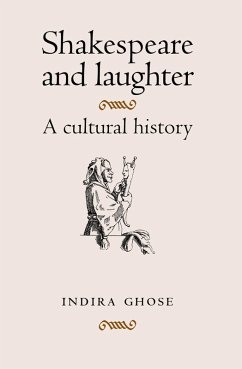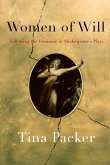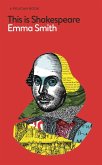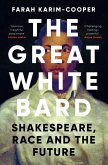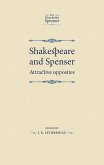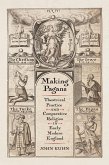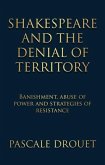This book examines laughter in the Shakespearean theatre in the context of a cultural history of early modern laughter. It is the first study to focus on laughter, not comedy, arguing that since the early modern period a paradigm shift has taken place in our attitudes to laughter and investigates the role Shakespeare played in this connection.
Dieser Download kann aus rechtlichen Gründen nur mit Rechnungsadresse in A, D ausgeliefert werden.

